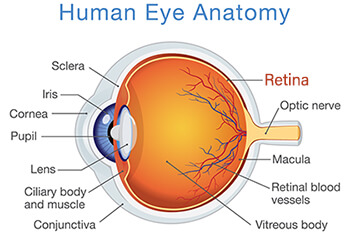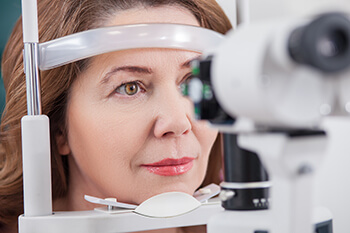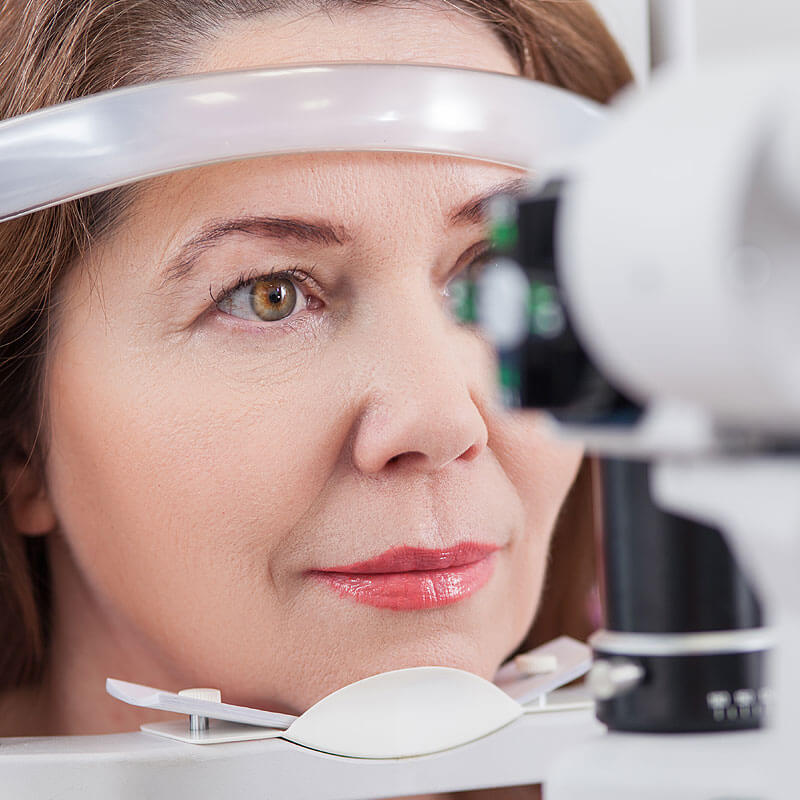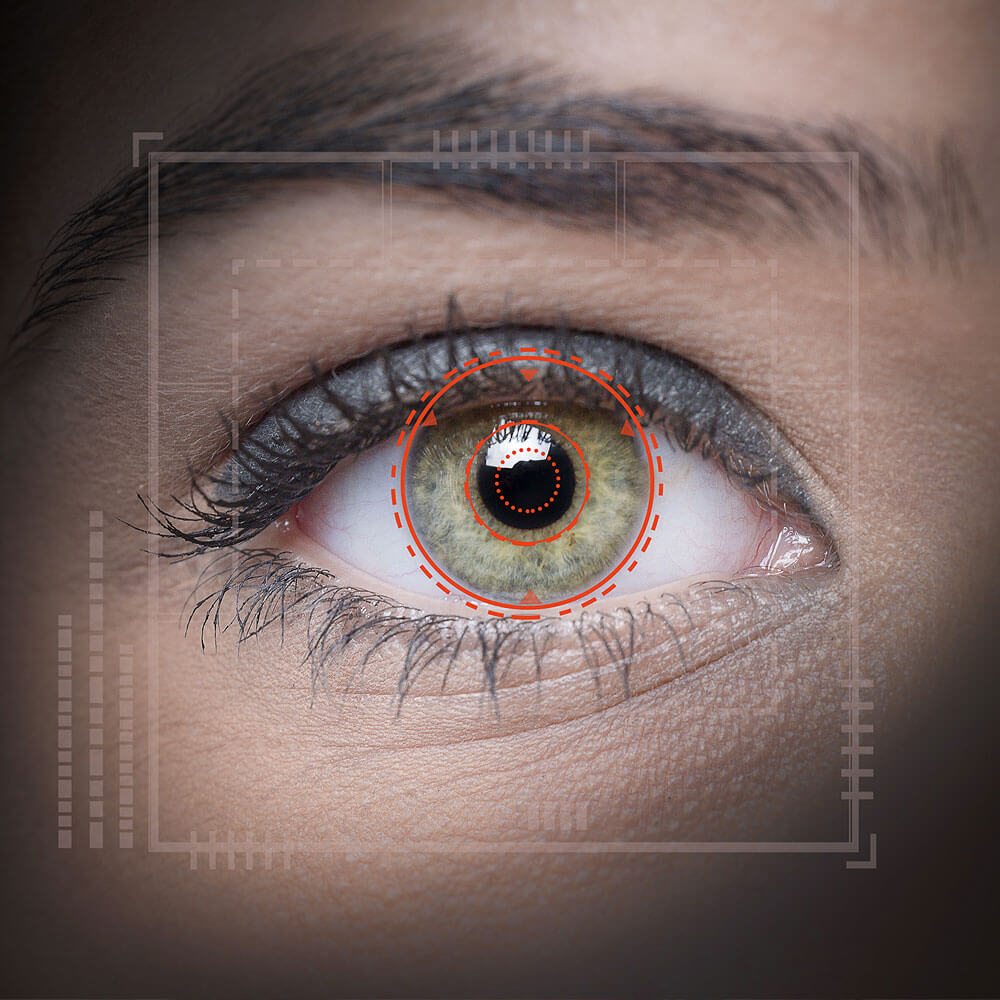
The retina is the lining on the back of your eye. It receives information from light refracted through the cornea.
This lining is made up of photoreceptor cells. These cells translate light into signals that get sent through the optic nerve to the brain. These signals are then perceived as images.
When the retina becomes damaged, the photoreceptor cells break down. If they break down, they are no longer able to send these signals.
This causes vision loss in the area of your vision corresponding to the damaged area of the retina.
Why Are Retina Exams Important?
Retina damage is common in older adults and can come in several forms. Unlike some other eye-related conditions, like cataracts, retina damage is irreversible.
By the time you notice visual loss, it’s too late to treat any lost vision. The only course of action for retina damage is slowing down the damage.
This is why retina exams are so important. Retina exams spot damage to your retina before you notice any visual symptoms.
This enables you and your doctor to slow down or even stop the damage from destroying your vision.
When Should You Start Getting Your Retina Examined Regularly?

Retina exams are part of any comprehensive eye exam no matter what your age. But unless you have a refractive error or other eye condition, you may not see an eye doctor regularly.
If you don’t, you should start getting eye exams at least every four years. By age 40, you should start having eye exams at least every two years regardless of any past conditions.
By age 55, you should start having eye exams annually, if not every six months. If you have diabetes, you should talk to your doctor about having yearly or biannual eye exams.
This should be regardless of your age, as you are at increased risk for diabetic retinopathy.
What Happens During a Retinal Eye Exam?
A standard retinal exam involves dilating your pupil. This involves administering eye drops that enlarge the size of your pupil.
Through the enlarged pupil, your eye doctor can examine your retina. They can also look for any potential damage.
Dilated eye exams are especially helpful in spotting damage to the center of the retina. This is the macula.
Macular degeneration is a common condition detectable and diagnosed with a retinal exam. A retinal exam allows your doctor to recommend treatment to slow the condition.
This can occur before you suffer visual loss at the center of your visual field.
What is OCT?
You may have heard of an advanced method of retinal screening called OCT. This stands for Optical Coherence Tomography. OCT is a 3D imaging test.
It can detect retinal damage through a standard dilation exam. OCT can detect macular degeneration, diabetic retinopathy, and glaucoma in the earliest stages. This allows for the most effective treatment options available.
Not all offices and doctors offer OCT, but it comes highly recommended. This is especially true for patients that are high-risk.
If you are over 55 or have diabetes, OCT testing can be invaluable! Need a retina eye exam? Schedule one at Vitreo-Retinal Consultants in Wichita, KS now!





